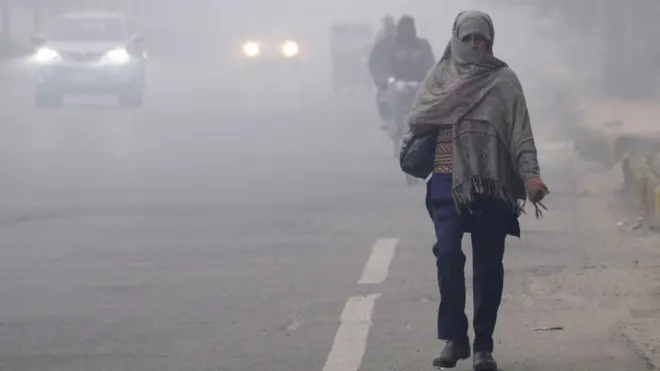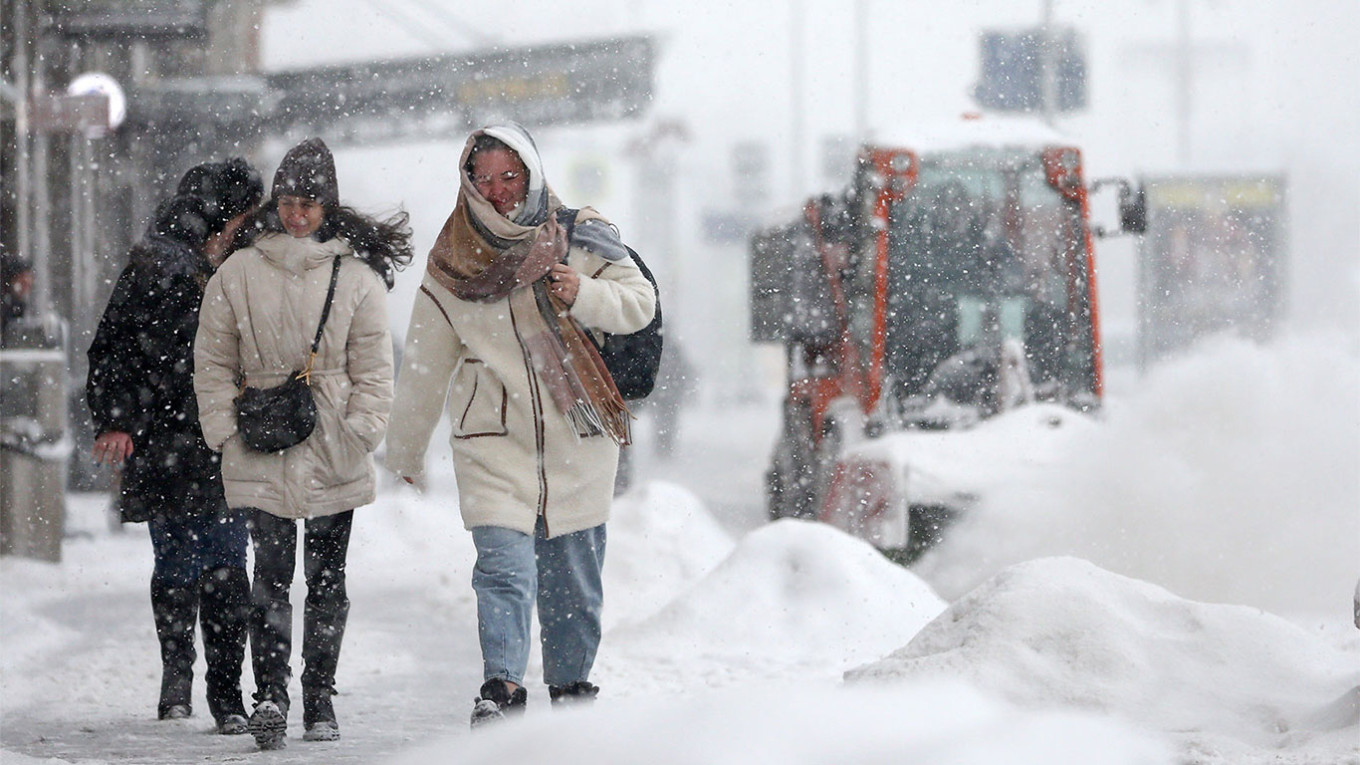WMO Report: Global Atmospheric CO₂ Levels Hit Record High, Raising Climate Concerns
- bykrish rathore
- 18 October, 2025

In a sobering reminder of the planet’s escalating climate crisis, the World Meteorological Organization (WMO) has released a new report confirming that atmospheric carbon dioxide (CO₂) levels have reached an all-time high. The data highlights the relentless accumulation of greenhouse gases in Earth’s atmosphere, pushing the world closer to dangerous temperature thresholds and intensifying concerns about the pace of global warming.
According to the WMO’s Greenhouse Gas Bulletin, average global CO₂ concentrations have surpassed all previous records, marking yet another year of steady increases despite international pledges to curb emissions. Scientists warn that this continued rise is primarily driven by fossil fuel combustion, industrial activity, deforestation, and unsustainable land use.
The report reveals that global CO₂ levels are now more than 50% higher than pre-industrial levels, a milestone unseen for millions of years. Experts note that this sustained increase is locking in long-term warming effects that will continue for centuries, even if emissions were drastically reduced today.
WMO Secretary-General Prof. Celeste Saulo emphasized the urgency of the findings:
“We are seeing unprecedented levels of greenhouse gases in the atmosphere. Each year that passes without significant emission cuts makes it harder and more expensive to prevent the worst impacts of climate change.”
The WMO report underscores that the three major greenhouse gases — carbon dioxide (CO₂), methane (CH₄), and nitrous oxide (N₂O) — all rose to record concentrations in 2025. While CO₂ remains the dominant driver of warming, methane and nitrous oxide are also increasing at rates that scientists describe as “deeply concerning.”
Consequences of Record CO₂ Levels:
Rising CO₂ levels trap more heat in Earth’s atmosphere, leading to a series of compounding effects — higher global temperatures, extreme weather patterns, melting ice caps, rising sea levels, and shifts in ecosystems. The report warns that the world is on track to breach the 1.5°C warming threshold set by the Paris Agreement much sooner than anticipated, potentially within the next decade.
Global Response and Scientific Outlook:
Despite increasing awareness, progress on emission reduction remains inconsistent. The WMO noted that while renewable energy adoption and carbon neutrality pledges have grown, current policies remain insufficient to reverse the trend. The organization calls for stronger international cooperation, investment in sustainable technologies, and immediate phase-out of fossil fuel dependency.
Leading climate researchers have echoed this urgency, stressing that every fraction of a degree matters. Small increases in global temperature can have disproportionately large effects, especially on vulnerable regions facing droughts, floods, and food insecurity.
The WMO also urged governments to enhance atmospheric monitoring systems, improve carbon accounting transparency, and accelerate climate adaptation strategies to protect communities from intensifying climate impacts.
A Call for Immediate Action:
The new data serves as both a warning and a call to action. Scientists argue that it is still possible to mitigate the worst consequences of climate change if nations act decisively to reduce carbon emissions, protect forests, and transition toward sustainable energy systems.
As the world prepares for the next UN Climate Summit, the WMO’s findings add fresh urgency to global climate negotiations. The report’s message is clear: humanity’s window to stabilize the planet’s climate is rapidly closing — and the time for meaningful action is now.
Note: Content and images are for informational use only. For any concerns, contact us at info@rajasthaninews.com.
"इको-फ्रेंडली इनोवेश...
Related Post
Hot Categories
Recent News
Daily Newsletter
Get all the top stories from Blogs to keep track.











